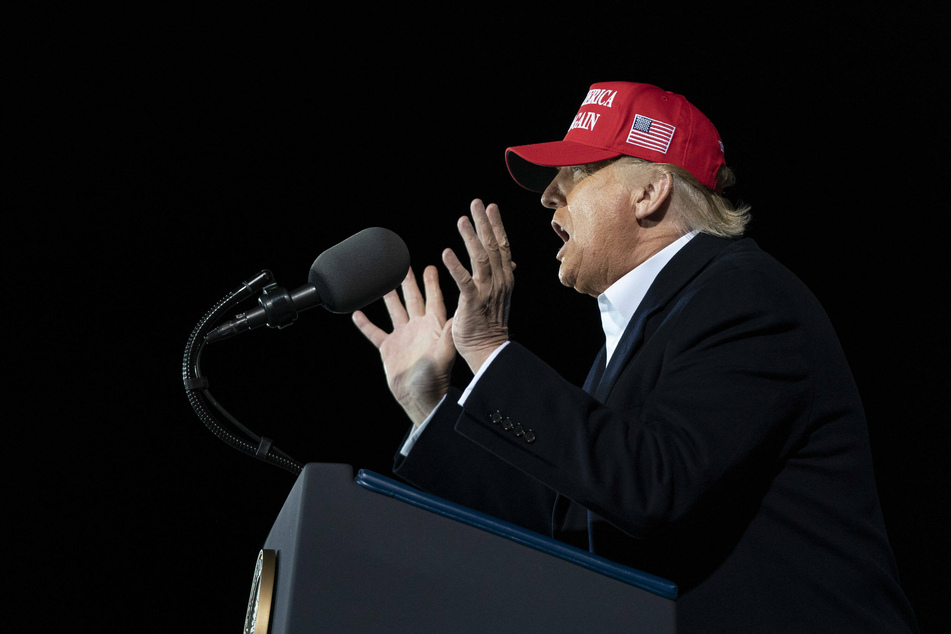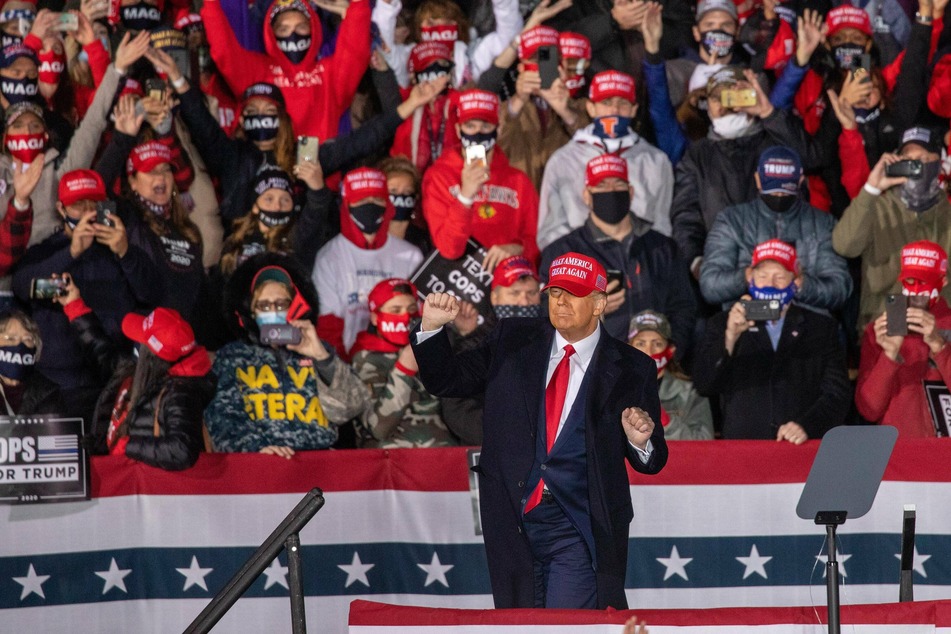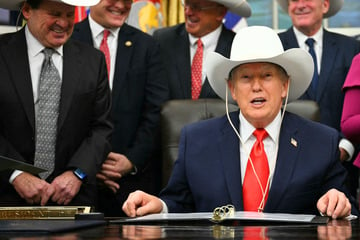Former White House adviser slams Trump for pandemic "deadly sins"
Washington DC – Former President Donald Trump committed three key "deadly sins" during the coronavirus pandemic, a former top White House adviser said on Sunday.

Denying the Covid-19 threat, stifling dissent and encouraging divisiveness among Americans all were missteps by the nation’s 45th commander-in-chief, said Andy Slavitt, who served on the White House’s Covid response team during the Trump administration and through the start of President Biden’s term.
"We would have had a pandemic without the Trump administration. But there were three ... deadly sins that the Trump administration made that played out," Slavitt told CBS’s Face the Nation.
"The first was his power that he believed to deny the very existence of the virus or the potency of it, and to get his followers to go along with it," he said.
Last February, Trump publicly played down the threat posed by Covid-19 through statements such as: "I think the virus is going to be — it’s going to be fine."
At the time, he was privately concerned the pandemic was "deadly stuff," legendary journalist Bob Woodward later reported.
Trump continued to take a dismissive tone toward the virus as it ravaged New York and other parts of the country, claiming in March that it might just go away by Easter.
"If he simply hadn’t done that and simply said, 'Hey, we’ve got a problem,' we would have been in a very different situation," Slavitt said.
Slavitt pointed out several more grave errors

Trump’s second "deadly sin" was stifling dissent, Slavitt said.
"Anybody that disagreed with the narrative the president wanted was squashed," he said, pointing to Trump’s efforts to keep administration figures with differing views out of the public eye.
Lastly came Trump’s exploitation of divisions among Americans over how seriously to take Covid-19, he added.
"Being a populist during a pandemic is really not a great combination because you’re going to have to make some tough decisions," Slavitt said. "You’re going to have to make people unhappy.
"Trump saw in his base a stirring of anti-mask characterizations and other things, and he played into those things because I think it felt like a different route."
Cover photo: IMAGO / ZUMA Wire

